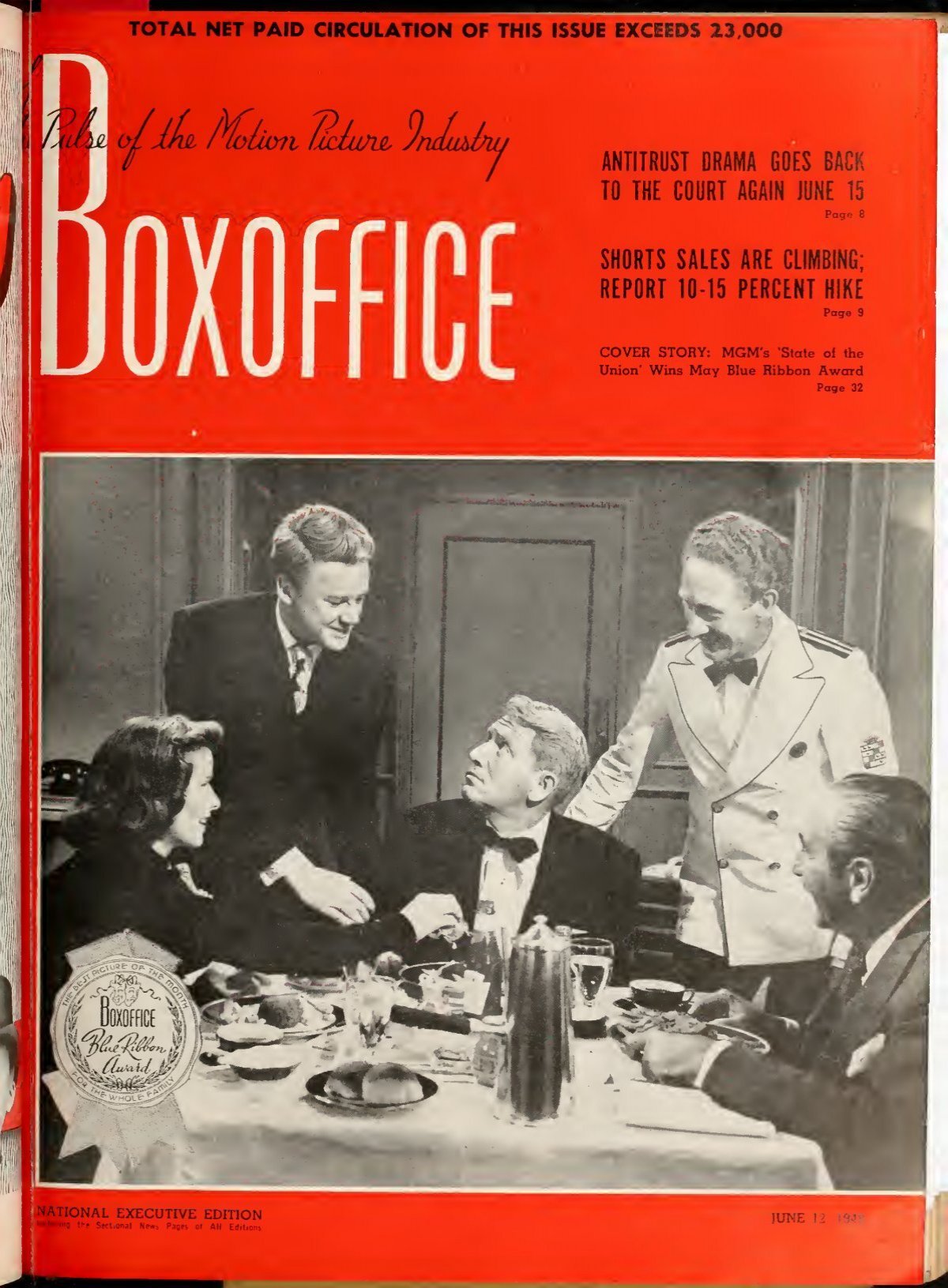Australian Prime Minister Anthony Albanese has seemingly backtracked on suggestions that the government would introduce a ban on gambling ads saying “The problem isn’t advertising, the problem is gambling.”
Speaking on ABC radio today, Albanese said that the blanket ban on gambling ads, which was recommended in the the government inquiry into the effects of online gambling on problem gamblers, was not the ‘bold’ move that many made it out to be.
He said:
“The easy option is just to (ban ads) and not worry about the consequences for sporting codes, junior sport, the media.”
He went on to highlight that lotteries and scratch cards were the most popular forms of gambling in Australia with as many as 64% of adults taking part in these forms of gambling in 2022 alone. This compares to 38% betting on racing and 33% who bet on sports.
He added:
“I haven’t seen a campaign about advertising lotteries – which is a far bigger problem than sports gambling,”
However, Mr Albanese noted lotteries and scratchies were the most common gambling products, with 64 per cent of Australian adults participating in 2022.
A number of politicians spoke out in opposition to his comments including Independent Senator David Pocock:
“This is about banning advertising so gambling stops being normalised for children. Kevin Rudd had the guts as prime minister to take on Big Tobacco and legislate plain packaging. Anthony Albanese needs to show the same courage here and ban gambling advertising.”
Greens Senator Sarah Hanson-Young took it a step further saying that the prime minister was failing to fulfill his own promise after Albanese had previously said the status quo on gambling ads was “completely unacceptable” and vowed further reforms.
“He’s dead wrong and it is extremely disappointing to see him backtracking. The single most important thing we should do is stop the gambling industry from being able to advertise, just like we’ve done with tobacco, and just like we do on other issues.
If the prime minister cares about community sport, he should fund community sport – hiding behind limp excuses created and parroted by the gambling lobby is not leadership.”
Members of the prime minister’s own have also called on him to carry out the recommendations of Ms Murphy’s report, which called for a total ban on gambling ads phased in over three years. No action has been taken following the publication of the inquiry’s results almost 15 months ago.
According to the latest Australian Gambling Statistics, Australians have the largest losses in the world with customers losing approximately AU$1,635 each year to gambling.
In a surprising turn of events, Australian Prime Minister Scott Morrison has announced that he will be reversing his decision to ban gambling ads during live sports broadcasts. The decision comes after intense backlash from the gambling industry and concerns about the impact on revenue for sports organizations.
The initial decision to ban gambling ads was made in response to growing concerns about the negative effects of gambling on society, particularly among young people. The ban was set to come into effect in 2023, with restrictions on gambling ads during live sports broadcasts before 8:30 pm.
However, Prime Minister Morrison has now backtracked on this decision, citing the need to balance the interests of the gambling industry with the economic benefits of sports sponsorship. In a statement, Morrison said, “We have listened to the concerns raised by the gambling industry and have decided to reconsider our position on the ban. We believe that a more targeted approach to regulating gambling ads is necessary to protect both consumers and the economy.”
The reversal of the gambling ad ban has sparked mixed reactions from the public, with some applauding the government for listening to industry concerns and others expressing disappointment at the decision. Critics argue that allowing gambling ads during live sports broadcasts normalizes and promotes gambling, particularly among vulnerable populations.
Despite the reversal of the ban, Prime Minister Morrison has emphasized that the government remains committed to addressing problem gambling and will be implementing measures to protect consumers. This includes increased funding for support services for problem gamblers and stricter regulations on gambling advertising.
Overall, the decision to reverse the ban on gambling ads during live sports broadcasts highlights the complex and contentious nature of regulating the gambling industry in Australia. It remains to be seen how this decision will impact society and whether further measures will be taken to address the negative effects of gambling.



